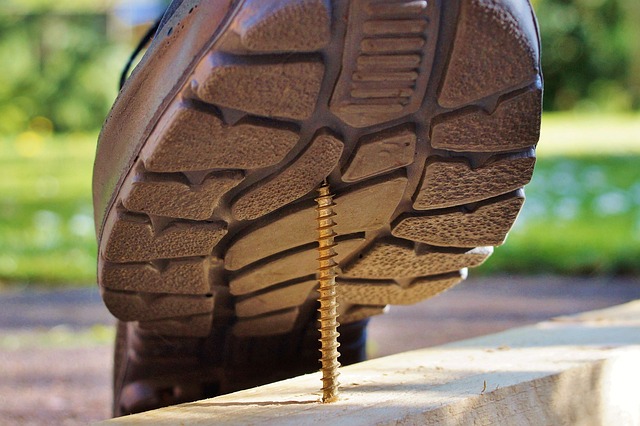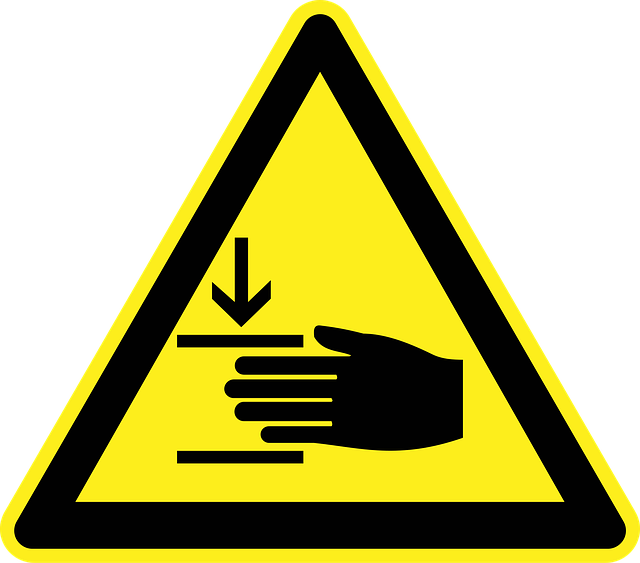Peoria Injury laws protect individuals harmed by negligence or intentional actions, guiding claims, liability, and damage recovery for incidents like car accidents, slip-and-falls, medical malpractice, or workplace injuries. To navigate effectively, seek immediate medical attention, collect evidence, and consult a specialized attorney. Key compensation categories include medical expenses, pain and suffering, lost wages, and reduced earning capacity.
“In the event of a personal injury in Peoria, understanding your legal rights is crucial. This comprehensive guide navigates the complex landscape of Peoria injury claims, empowering you with knowledge. From comprehending local laws to grasping the claim’s process and exploring potential compensation types, this article serves as your trusted resource. Whether you’re seeking justice or preparation, uncover the essential steps for pursuing a successful Peoria injury claim.”
- Understanding Peoria Injury Laws and Rights
- Navigating Injury Claims Process Step-by-Step
- Common Types of Compensation for Personal Injuries
Understanding Peoria Injury Laws and Rights

In Peoria, personal injury laws are designed to protect individuals who have suffered harm due to another party’s negligence or intentional actions. If you’ve experienced a Peoria injury, it’s crucial to understand your rights and the legal framework that governs such cases. These laws outline the procedures for filing claims, determining liability, and seeking compensation for damages incurred.
Peoria Injury claims can encompass various scenarios, including car accidents, slip and fall incidents, medical malpractice, or workplace injuries. The first step is to gather evidence, document your injuries, and consult with a qualified attorney who specializes in personal injury law. By familiarizing yourself with the local laws and seeking expert guidance, you can navigate the process effectively and ensure your rights are protected throughout the legal proceedings.
Navigating Injury Claims Process Step-by-Step

Navigating the injury claims process in Peoria can seem daunting, but understanding the steps involved can help streamline your journey. 1. Seek Medical Attention: The first step is to prioritize your health and well-being. Visit a doctor or hospital immediately after an accident to document your injuries. This medical record will be crucial evidence for your claim. 2. Collect Evidence: Gather all relevant information, including police reports, photos of the accident scene, and any witness statements. These details can strengthen your case and demonstrate liability. 3. Contact an Attorney or Claims Adjuster: Reach out to a Peoria injury lawyer or directly contact the insurance company’s claims department. They will guide you through the specific procedures for filing a claim based on your type of injury and circumstances. 4. File Your Claim: Provide all necessary documentation, including medical reports and evidence, to support your claim. Ensure you meet any deadlines specified by the insurance company or legal requirements in Peoria. 5. Negotiate or Litigate: After submitting your claim, you may enter into negotiations with the insurance company for a settlement. If an agreement can’t be reached, a lawsuit might be necessary, leading to a court proceeding where a judge or jury determines liability and damages.
Common Types of Compensation for Personal Injuries

When filing a personal injury claim in Peoria, individuals often seek compensation for various types of losses and damages resulting from their injuries. The most common forms of relief include monetary reparations for medical expenses, pain and suffering, lost wages, and reduced earning capacity. Medical bills can be extensive, especially for serious or long-term conditions, and these costs are frequently covered by settlements or judgments.
Pain and suffering encompass the physical and emotional distress experienced by victims, which can significantly impact their quality of life. In personal injury cases in Peoria, lost wages refer to an individual’s inability to work due to their injuries, while reduced earning capacity accounts for future income potential affected by the incident. These elements are crucial considerations when determining fair compensation for victims of accidents and incidents involving personal injury in Peoria.
In conclusion, navigating a Peoria injury claim can be complex, but understanding your rights and the process empowers you. By familiarizing yourself with local laws, following a structured claims journey, and recognizing various forms of compensation, you can ensure a stronger case for fair redress in the event of an accident. Remember, seeking legal guidance is crucial when dealing with personal injuries to protect your interests effectively.
